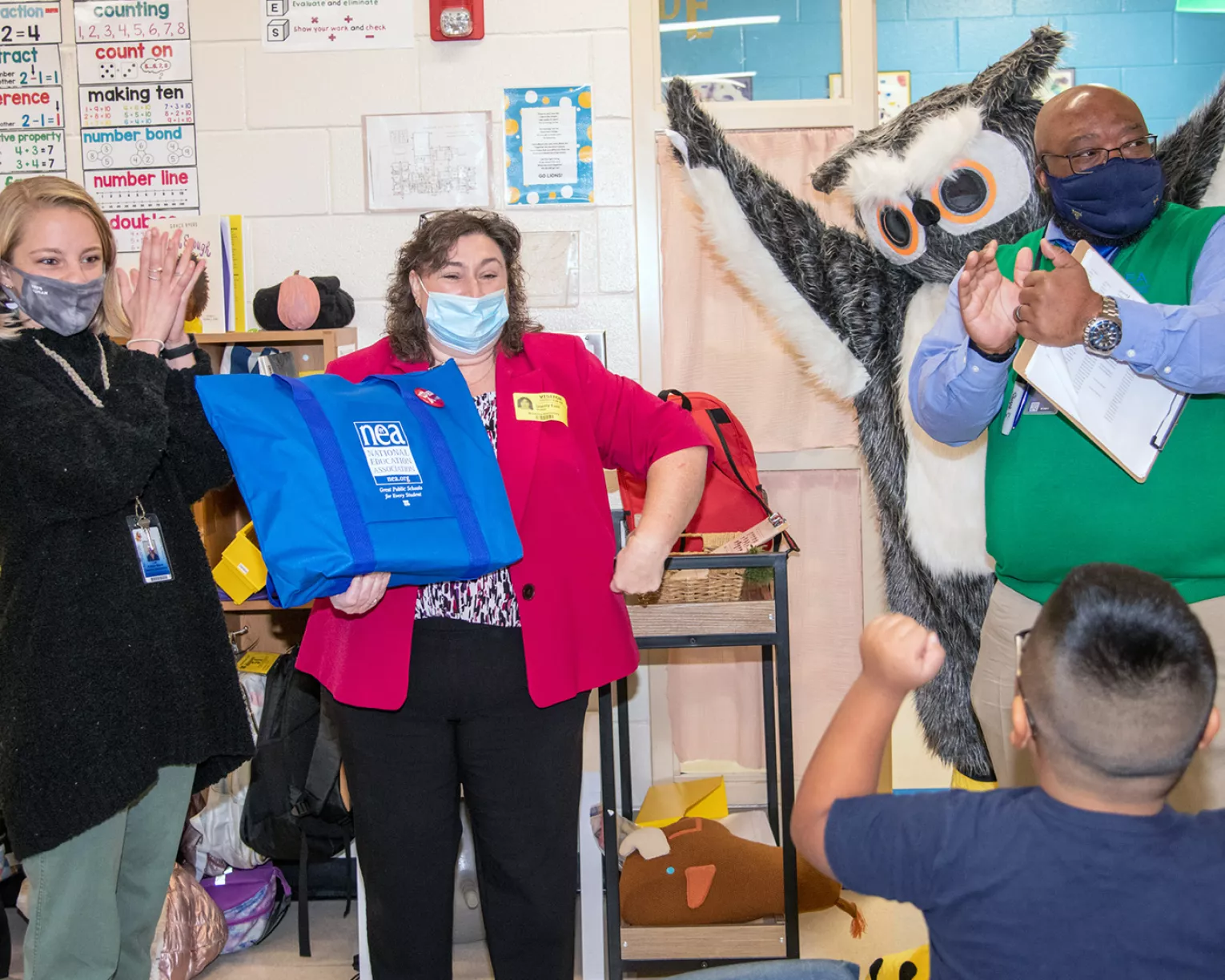School should be a safe place for all children to learn and grow, but often comes with social challenges like dealing with bullies. It’s up to teachers, counselors and parents alike to look out for signs of bullying, provide emotional support and handle the situation through the appropriate channels. If your child says they are a victim of bullying, take the following steps:
- If there are cuts and bruises, attend to them first. If the injury merits it, or if there is damage to clothing or possessions, take color photographs. Documenting online posts that indicate cyber bullying is helpful too.
- Without overreaction, convey to the child that you are angry about the bullying sympathetic with the problem and will take appropriate action. Never blame your child, the target, or suggest you cannot help.
- Do not promise to keep the incident a secret. Explain that this protects the bully who is counting on the child to remain silent.
- Find out what, when and where it happened, who was involved and if there were witnesses. Ask what response your child made and whether the incident is one of a series.
- Make an appointment with the school principal or staff member who handles parent complaints. Give them a written report of the bullying incident. Make detailed notes of the reaction of the school personnel to your complaint. Include names, staff position, and date. (Lawson, 1994)
- Contact the parents of the bully. Some will react in a concerned and cooperative way and will make reparation for the damaged possessions, but many will not. In the latter case, point out that what has happened is an assault, that you are reporting the bullying to the school, and it could become a matter for the police.
- If neither the parents nor the school personnel show appropriate concern followed by action, go higher in the school administration. If this proves unsuccessful, send a copy of the report of all events to date to the police for their files and advise them that you are seeing a lawyer. If money is a problem, low cost legal help is available in most cities.
- Under Title IX of the Education Amendments of 1992, schools have a legal responsibility to ensure that a non-hostile environment is available to all students.
In many cases, your child will be embarrassed by their victimization. It’s important to explain to them why bullying in any of its many forms is not to be tolerated and allow them to watch you
Reprinted with permission from Childhood Bullying and Teasing: What School Personnel, Other Professionals, and Parents Can Do, Dorothea M. Ross, Ph.D.
Use Your Educator Voice.
